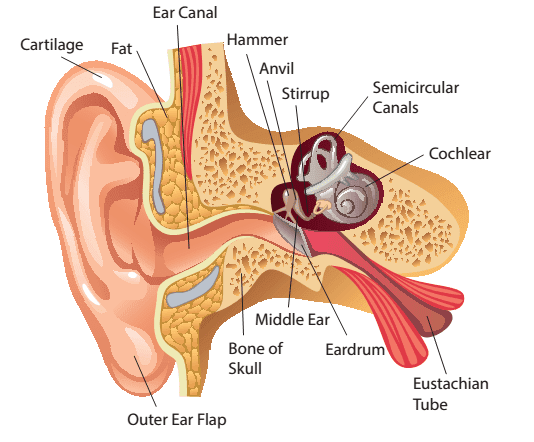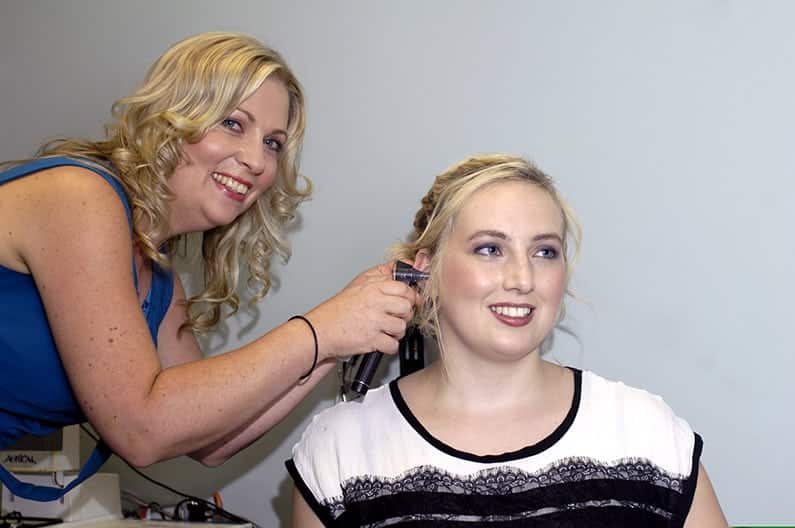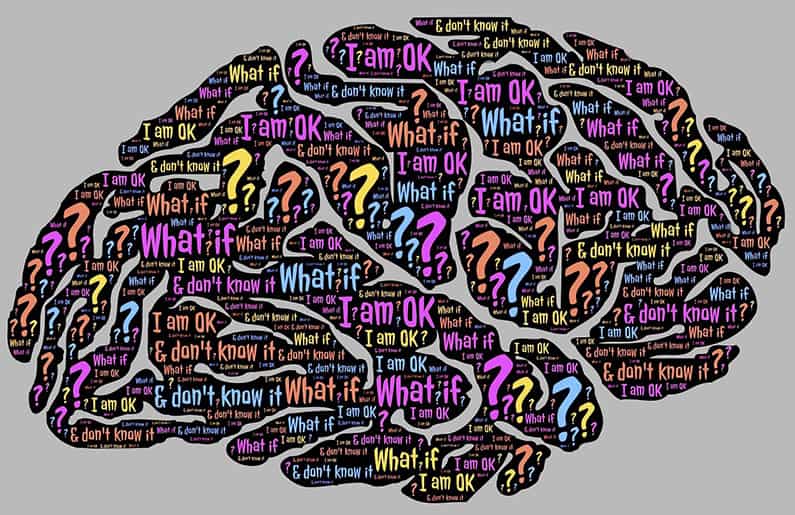Causes & Signs of Hearing Loss

What are the most common signs of a hearing loss?
Hearing loss affects 1 in 6 Australians. It is a common condition but under-recognised and undertreated. People wait an average of 10 years before seeking help. This can make hearing loss harder to treat, and more importantly, it can also lead to serious medical complications.
If you are worried about hearing loss in yourself or a loved one, it is absolutely vital that you do something about it. Hearing loss treatment is not only life-changing, it could be life-saving.
Read on to learn about how hearing loss happens, what effect it can have on your health and how to spot the signs and symptoms early on.
If you want to learn more about hearing loss, check out our resources:
How We Hear

The ear is the sensory organ responsible for hearing. It is made up of three parts:
- the outer ear, which includes the part you can see, called the pinna, and the ear canal all the way up to the eardrum
- the middle ear, which includes the eardrum, and the bones of the middle ear; and,
- the inner ear, which includes the cochlea, where sound is converted into electrical impulses which are then sent to the brain.
In order for us to hear, all three parts of our ear must be working together and functioning correctly.
First, our outer ear must capture the sound and direct it down our ear canal. This is why your ear is shaped a bit like a satellite dish; it is specially evolved to capture the sounds around you. When the captured sound reaches our middle ear, it causes the eardrum to move, which in turn moves the bones of the middle ear.
The bones of the middle ear are very important as they amplify the sounds we hear. The bones also move the fluid in the inner ear, the cochlea, which causes tiny little hairs in the fluid to move too. When these hairs move they create tiny electrical impulses which are sent along with your auditory nerve, before moving to your brain.
If any parts of your ear are not functioning properly, or the part of your brain that processes sound is not working properly, sounds become distorted. This is why you experience hearing loss.
Signs of Hearing Loss in Adults
Hearing loss means that you are not hearing a sound as loudly or as clearly as you should be. It can be divided into two main categories;
- Conductive hearing loss
- Sensorineural hearing loss
Conductive Hearing Loss
This is when something is stopping the sound from being conducted (or travelling) from your outer ear through your middle ear to your inner ear. It can be caused by an obstruction, like wax in your ear canal or fluid behind your eardrum. It can also occur if you damage your eardrum or the bones of your middle ear by hitting your head. Conductive hearing loss can usually be treated and fixed.
Sensorineural Hearing Loss
This is when something is preventing sound from being properly converted into electrical impulses in the inner ear, or something is stopping these impulses from travelling to the brain and being properly processed.
It can be caused by damage to the little hairs in your cochlea due to exposure to loud noises, some drugs, or as a part of aging. It can also be caused by damage to the nerves in the ear from diabetes or cardiovascular disease.
Sensorineural hearing loss is usually permanent but there are options available, which help to minimise its impact on your life.
If you are worried about hearing loss it is important to see an audiologist and have your hearing tested. Our Geraldton and Perth audiologists can determine if you have a conductive or sensorineural hearing loss, or both. They will also advise you on the best treatment for your hearing loss, based on the type and underlying cause.
Signs You Should See an Audiologist

Audiologists are university trained hearing specialists. They are experts in assessing and diagnosing hearing loss. They also recommend individualised management and rehabilitation plans for people experiencing hearing loss. Audiologists give advice on how you can protect and preserve your hearing.
Hearing Loss’s Impact on Health
Risk Factors for Hearing Loss
Recent studies have shown how closely linked hearing loss is too many different medical conditions. You are at increased risk of hearing loss if any of the following apply to you:
- Age – 29% of Australians aged 51-60 years have a form of hearing loss, rising to 66% in those over 60
- Diabetes can double your risk of hearing loss
- Obesity can double your risk of hearing loss
- Smoking, including being exposed to second-hand smoke, can double your risk of hearing loss
- Cardiovascular disease, including hypertension, can increase your risk of hearing loss.
- Usage of certain medications, including aspirin, ibuprofen, some antibiotics, diuretics and chemotherapy drugs can cause hearing loss
- Balance issues, including dizziness
- Ringing in your ears, called tinnitus
- Exposure to high noise levels
- Head injuries
- Family history of hearing loss
- History of ear infections or ear surgery
If one or more of the above risk factors apply to you, an audiologist should test your hearing to determine if you have a hearing loss and to obtain a baseline. A hearing test can also be helpful in picking up the early signs of cardiovascular disease.
Picking up hearing loss early is vital because this can reduce the negative health effects associated with untreated hearing loss.
Complications of Hearing Loss

Hearing loss means that you are not hearing sounds as loudly or as clearly as you should be. When your ears aren’t collecting sounds as well as they should, your brain attempts to compensate, but it has to work very hard to fill in the gaps. This can lead to several serious complications, including:
- Social withdrawal and isolation
- Difficulties in your job or at school
- Difficulties understanding and following important medical advice
- Mental exhaustion due to the effort required to understand other people
- Depression
- Increased risk of dementia
- Triple the risk of having a fall
You should seek help if you feel that you are not hearing as well as you should be. You might be able to cope in the short-term, but the effects on the rest of your health can be serious. Studies show the sooner you are treated for hearing loss, the more effective the treatments are, and the fewer complications you are likely to experience.

